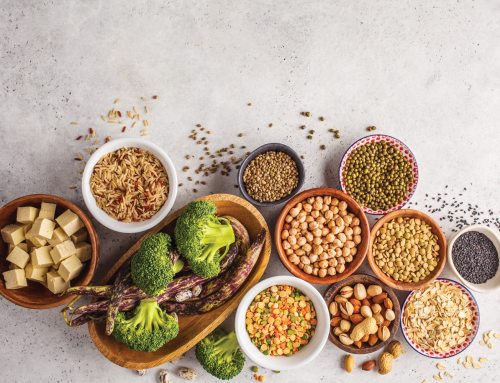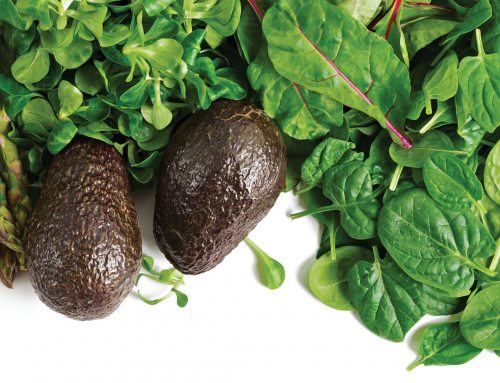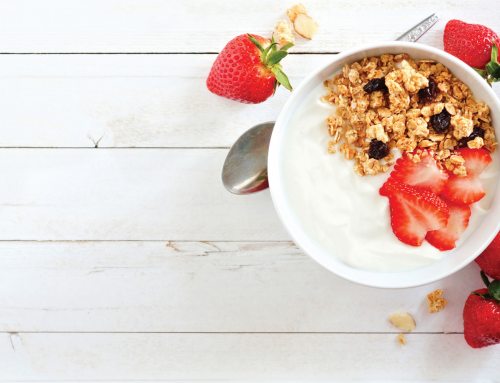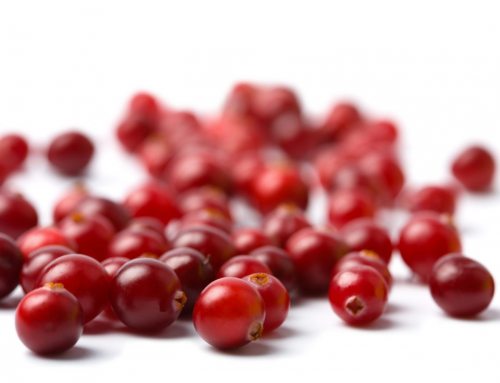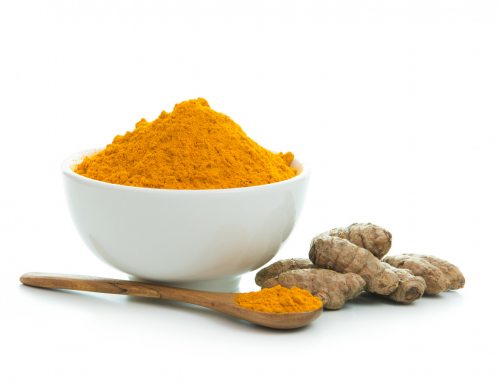By Catherine Rainbow, MD
Every athlete knows that what you put in your body has a strong correlation with the results your body can put out. Proper nutrition protects the immune system, maintains lean body mass, and optimizes a runner’s energy and mental and physical stamina.
When you up your mileage, don’t forget to also up your calorie intake. When energy demands far exceed energy intake, energy drain can occur. In women, improper nutrition can lead to female athlete triad, a combination of three conditions – disordered eating, amenorrhea (irregular or discontinued menstrual periods) and osteoporosis.
Just make sure your added calories are coming from the right place. Choose healthy fats for prolonged, low-intensity exercise. Add in extra carbohydrates – like those found in sports drinks and recovery beverages – as the intensity and time of your work-out increases.
Contrary to popular belief, vegetarian athletes may actually need to consume more protein than the average runner, because of the lower digestibility and essential amino acid profile of plant protein. If you don’t eat meat, get your extra protein from naturally lean plant sources like beans, lentils and quinoa.
Proper nutrition is always important, but around race time, fueling your body with the right foods is especially crucial.
Before an event:
• If you can, eat a larger meal 3 to 4 hours prior to the event or slowly graze prior to event.
• Because fats and proteins slow down gastric emptying, focus on carbohydrates before your event.
• Make sure your final snacks and fluids, used to “top off” before the event, are primarily made of carbohydrates.
• Liquid meals can replace conventional foods, if need be, to ensure gastric emptying.
• Stick to what you know. Do not try new foods and fluids prior to competition.
During the event:
• Pack for performance. Consume 30 to 60 grams an hour of carbohydrates and 4 ounces of fluid every 15 minutes to keep your body properly fueled.
After the event:
• Keep the glycogen stores in your muscles replete by consuming carbohydrates immediately following exercise.
• Stimulate protein synthesis after a muscle-damaging workout by incorporating protein into your recovery snack or beverage.
# # #
Dr. Catherine Rainbow is a sports medicine physician at Carolinas HealthCare System’s Sports Medicine & Injury Care. Sports Medicine & Injury Care offers next-day appointment scheduling. To schedule an appointment, call 704-512-3994 or visit CarolinasHealthCare.org/SportsCare.


